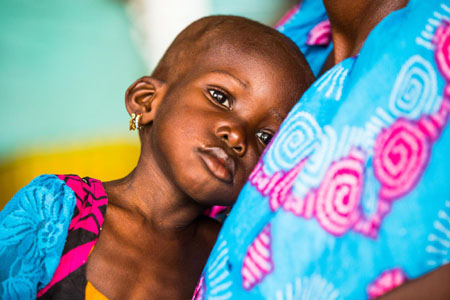
Malnutrition: 40 percent of children suffering from stunting – FG
Prof. Ngozi Nnam, the chair of the Federal Ministry of Health and Social Welfare's National Nutrition Technical Working Group (NNTWG), has expressed regret about the rise in childhood stunting rates, which went from 37 to 40 percent.
The newest statistic was attributed by the administration to the nation's rising rate of malnutrition.
In an effort to lower malnutrition, Nnam spoke on Thursday in Abuja during a two-day conference organised in association with FHI360/Alive and Thrive. The purpose of the meeting was to assess advancements made in Nigeria's health sector nutrition priorities.
The FHI 360 Alive/Thrive is a well-known NNTWG participant.
"We have regressed instead of making progress," she remarked, expressing concern at the state of affairs. This is not a promising development, and we want to take this problem head-on. Our objective is to ensure that in the next report, we see significant improvements.”
Nnam underlined the critical need for coordinated action to address the growing issue of malnutrition, especially in light of its terrible effects on children.
She blamed the COVID-19 pandemic's long-term impacts, which affected food supply, social security, and childcare services, for a large portion of the setbacks.
She claims that insufficient resources and poor support networks have made matters worse.
She stated: "It's not surprising that our rates of malnutrition haven't decreased given the disruptions caused by the COVID era to many facets of life." This pattern was observed everywhere.
She emphasised the necessity of forming a collaboration to investigate the pandemic's long-term consequences on food security and malnutrition, with an emphasis on enhancing the health of children.
Nnam is optimistic that Nigeria can lower the alarming rate of malnutrition with the correct approaches and cooperation, despite the current obstacles.





